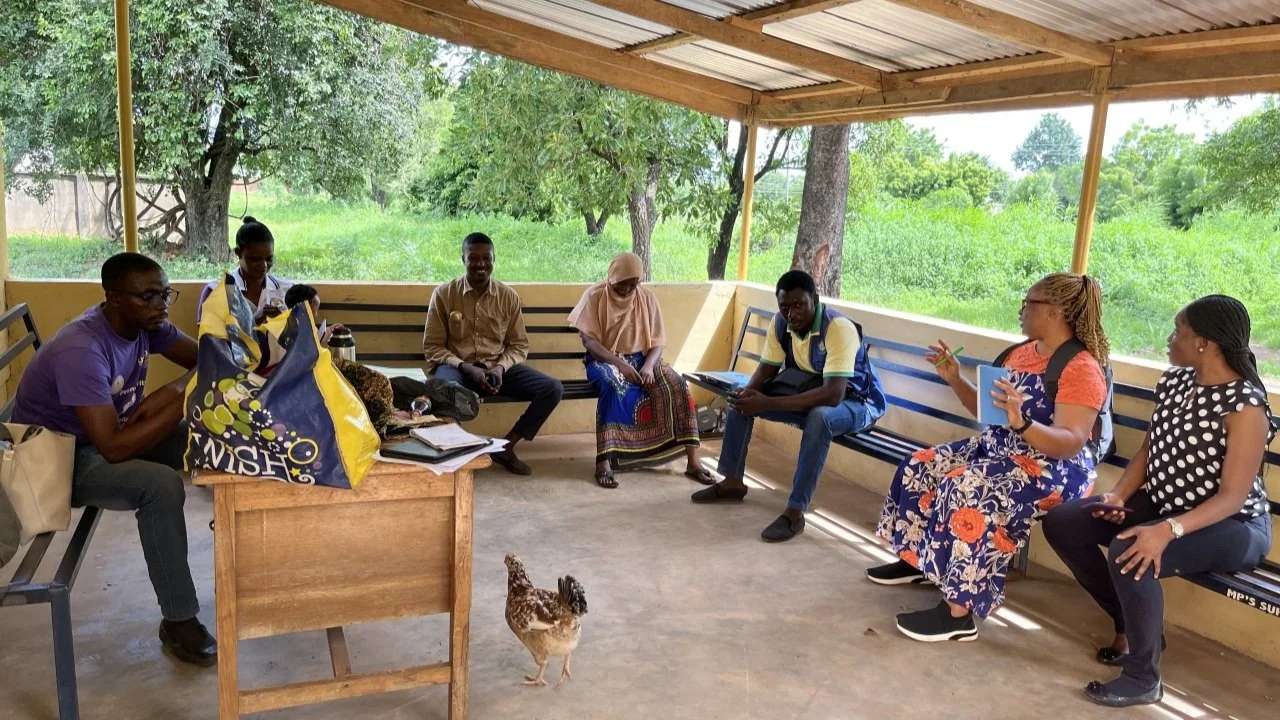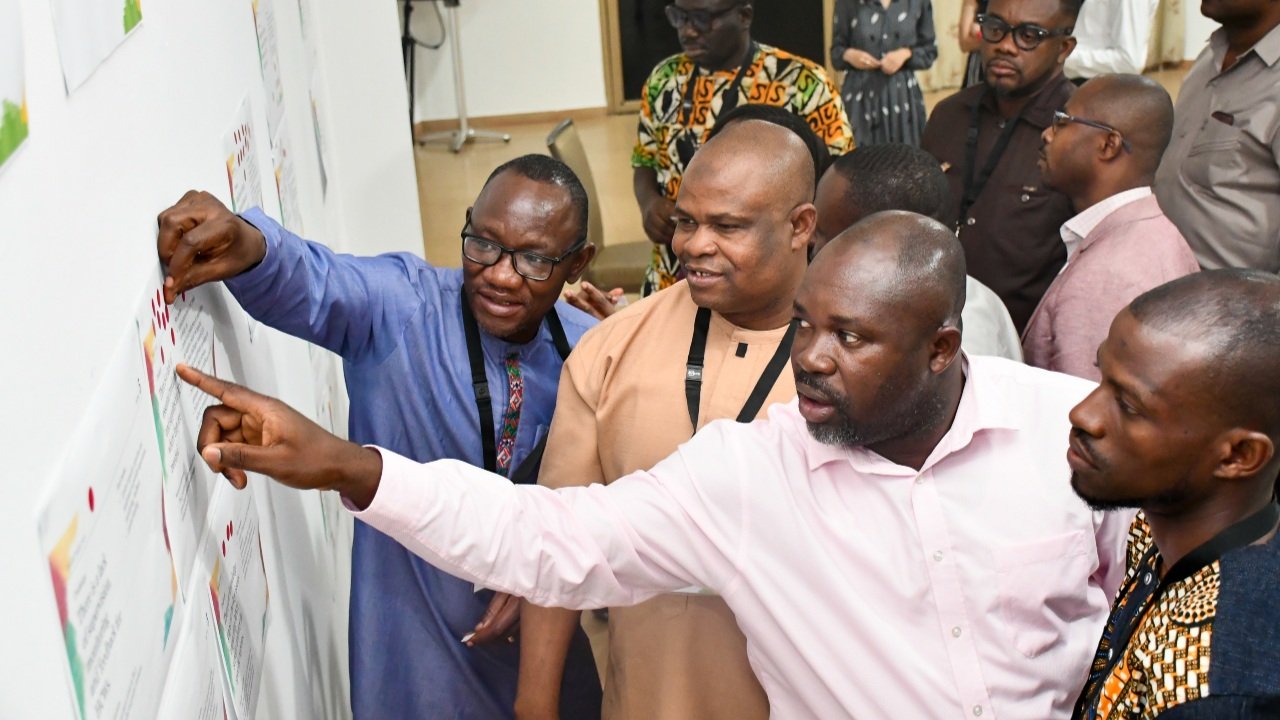From innovation to impact: the critical role of leadership in strengthening Africa’s health systems
Two terms increasingly shaping discussions about health and development are localisation and innovation. The World Health Organization’s Innovation Hub defines innovation in health as novel approaches that respond to public health needs and have the potential to accelerate and sustain positive health outcomes. But innovation alone is not enough. To achieve meaningful impact, innovations must be scalable and adaptable to local contexts, especially in the diverse and dynamic health landscapes across Africa.
For ministries of health on the continent, the primary goal is to improve health outcomes by addressing persistent challenges that hinder the delivery of health services. While innovative solutions tailored to specific contexts have the potential to succeed, many promising technologies and proven innovations often struggle to scale beyond the pilot stage. In addition, many fail to address the full range of gaps in health systems, leaving many communities underserved.
The reason is simple: innovations cannot implement themselves. Even the most advanced technological solution requires a committed and well-resourced team with the leadership and management skills to ensure that innovations are relevant and sustainable. The capacity to implement these innovations must be in place, and the health systems must be ready to receive them.
In 2022, Amp Health Management Partner, Chioma Ogbozor, visited six regions participating in Ghana’s Country Innovation Platform (CIP) pilot. This programme, led by the Ghana Health Service and established in partnership with USAID, Grand Challenges Canada, and AMP Health, aims to address long-standing gaps in maternal and child healthcare with contextually appropriate innovations. During a trip to a rural community in northern Ghana, Chioma witnessed firsthand the challenges faced by local health facilities.
Community health workers told stories of emergency referrals hampered by unreliable transport or poor network connectivity. Many operated with limited resources, and some facilities lacked midwives, reliable electricity, or proper structures. Despite this, the dedication of the community health workers was inspiring. In one case, Chioma met a traditional birth attendant who, despite her full-time job as a cleaner, actively supported pregnant women by accompanying them to the nearest health facility.
This level of community engagement and resourcefulness is remarkable, but without localised solutions, many lives could be lost due to late intervention or lack of access to health services. One such innovation being piloted during the CIP is tricycle ambulances that can provide emergency transportation in emergency areas. The brainchild of Ghanaian nonprofit, Moving Health, these ambulances are designed, manufactured, and deployed locally.
In addition to being capable of navigating rugged terrain, the ambulances also come with a network of locally trained mechanics who handle all repairs and maintenance within the communities they serve. This ensures the sustainability and reliability of the transport system, which can mean the difference between life and death during a medical emergency.
Another promising innovation being piloted in Ghana’s CIP is Maame Dromo, a digital partograph developed by Emperor Software Ltd. Maame Dromo monitors labour progress, grades health facilities on their emergency care capacity, and recommends referrals by automating graph generation using visual features such as colour, animation, and sound. This technology allows health workers to triage more effectively and ensure that mothers in labour receive the care they need when they need it.
CIP stakeholders at the co-creation workshop in early 2023
Even in the face of adversity, the community health workers Chioma met remained hopeful that strengthening networks of practice and adapting solutions to local needs like those mentioned above could significantly improve health outcomes. Her visit reaffirmed the critical need for context-specific interventions like Moving Health’s tricycle ambulances and Maame Dromo’s digital monitoring tool. These innovations highlight the importance of involving communities in designing solutions that can save lives and improve access to healthcare in remote areas.
The CIP has the potential to significantly improve health outcomes and save countless lives, particularly in some of Ghana’s most underserved populations. It goes beyond the introduction of new technologies by focusing on a localised approach, ensuring that innovations meet the needs of each community. By strengthening local health systems, this platform is setting a precedent for future innovation in African healthcare.
Amp Health has been supporting the Ghana Health Service by embedding a Management Partner within the Service to support the establishment of the CIP and develop the leadership and management capacity of its participants. A health system can only benefit from innovation if it is ready for it. The public sector must be equipped with the skills and resources to implement these solutions effectively, and the private sector, where many innovations are developed, must align its efforts with the needs of the population to solve problems equitably and sustainably.
As Ghana’s example shows, when governments, international partners, and health organisations commit to working together, they pave the way for scalable, sustainable innovation. This will not only address gaps in health systems across the continent but also help save lives. For donors, global health leaders, and sustainable development advocates, investing in health systems leadership alongside technological advances is key to ensuring that health systems across Africa can rise to the challenge and meet the needs of their people. Together, we can ensure that innovation works for all, bringing life-saving solutions to those who need them most.



